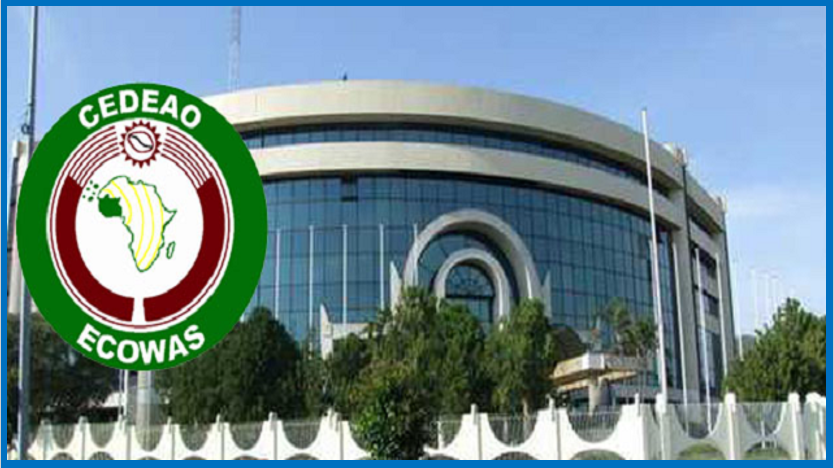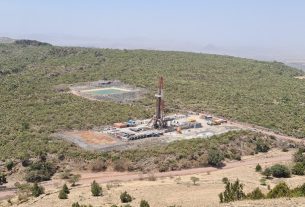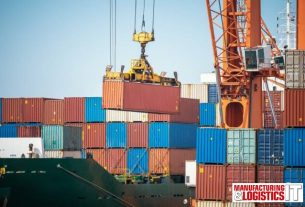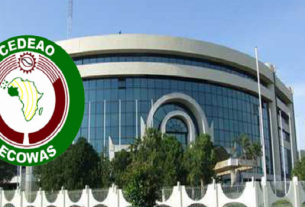The Economic Community of West African States (ECOWAS) is marking 49 years since its founding in 1975, a milestone clouded by internal division and political upheaval. Established to promote economic integration and regional solidarity across West Africa, the bloc now faces its most serious crisis to date.
In January, three member states — Burkina Faso, Mali, and Niger — withdrew from ECOWAS following a wave of military coups that installed juntas in each country. Their departure reduced the 15-nation group to 12 members and marked the most significant rupture in the bloc’s nearly five-decade history.
The breakaway states have since launched the Alliance of Sahel States, positioning it as a counterweight to ECOWAS and accusing the organization of prioritizing the interests of Western powers over regional sovereignty.
Speaking at a ceremony commemorating the anniversary, Nigeria’s President Bola Tinubu — who currently chairs ECOWAS — acknowledged the fractures but called for unity. “Our challenge in the next 50 years is to renew our compact with one another,” he said, urging member nations to recommit to the founding principles of cooperation, peace, and shared prosperity.
As ECOWAS approaches its 50th anniversary next year, questions remain about the bloc’s ability to heal internal divisions and adapt to a rapidly shifting political landscape in West Africa.



